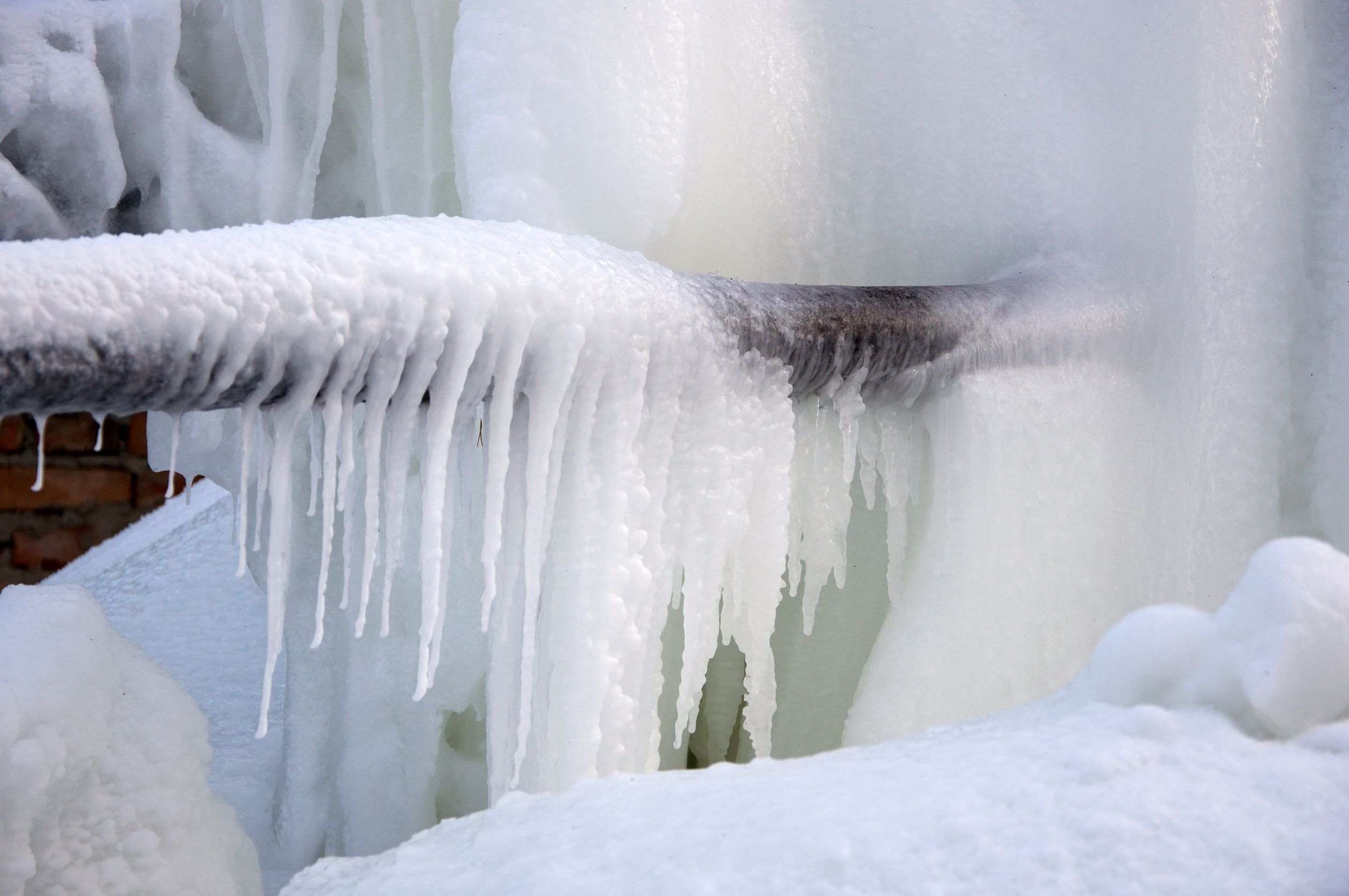Critical Approaches for Avoiding Frozen Pipes in Cold Weather
Critical Approaches for Avoiding Frozen Pipes in Cold Weather
Blog Article
We've stumbled upon the article about How to prepare your home plumbing for winter weather listed below on the net and believe it made good sense to discuss it with you here.

Cold weather can damage your plumbing, particularly by freezing pipes. Below's just how to stop it from occurring and what to do if it does.
Introduction
As temperatures decline, the danger of frozen pipelines boosts, potentially bring about expensive repair work and water damages. Comprehending how to stop frozen pipes is vital for property owners in cool climates.
Understanding Frozen Pipelines
What triggers pipelines to freeze?
Pipelines freeze when subjected to temperature levels below 32 ° F (0 ° C) for expanded periods. As water inside the pipes ices up, it expands, putting pressure on the pipeline walls and potentially creating them to break.
Risks and problems
Icy pipelines can lead to water system disturbances, residential or commercial property damage, and pricey repair services. Ruptured pipes can flood homes and cause extensive structural damages.
Indicators of Frozen Pipeline
Identifying icy pipes early can prevent them from rupturing.
Just how to recognize frozen pipes
Look for lowered water flow from taps, uncommon odors or sounds from pipelines, and visible frost on subjected pipelines.
Avoidance Tips
Insulating prone pipelines
Cover pipelines in insulation sleeves or use warm tape to secure them from freezing temperature levels. Concentrate on pipelines in unheated or exterior areas of the home.
Heating techniques
Keep interior spaces effectively warmed, specifically locations with pipes. Open up cupboard doors to enable warm air to circulate around pipelines under sinks.
Shielding Outdoor Pipes
Garden pipes and exterior faucets
Detach and drain yard hose pipes prior to winter. Install frost-proof spigots or cover exterior faucets with protected caps.
What to Do If Your Pipelines Freeze
Immediate actions to take
If you suspect frozen pipelines, maintain faucets available to soothe pressure as the ice melts. Utilize a hairdryer or towels taken in warm water to thaw pipelines slowly.
Long-Term Solutions
Structural modifications
Consider rerouting pipelines far from exterior walls or unheated locations. Include additional insulation to attic rooms, cellars, and crawl spaces.
Upgrading insulation
Invest in top quality insulation for pipes, attic rooms, and wall surfaces. Proper insulation aids keep constant temperatures and decreases the risk of icy pipelines.
Final thought
Avoiding frozen pipelines needs proactive measures and fast reactions. By understanding the reasons, indications, and preventive measures, home owners can safeguard their plumbing throughout cold weather.
Helpful Tips to Prevent Frozen Pipes this Winter
UNDERSTANDING THE BASICS: WHY PIPES FREEZE AND WHY IT’S A PROBLEM
Water freezing inside pipes is common during the winter months, but understanding why pipes freeze, and the potential problems it can cause is crucial in preventing such incidents. This section will delve into the basics of why pipes freeze and the associated problems that may arise.
THE SCIENCE BEHIND FROZEN PIPES
When water reaches freezing temperatures, it undergoes a physical transformation and solidifies into ice. This expansion of water as it freezes is the primary reason pipes can burst. As the water inside the pipe freezes, it expands, creating immense pressure on the walls. If the pressure becomes too great, the pipe can crack or rupture, leading to leaks and water damage.
FACTORS THAT CONTRIBUTE TO PIPE FREEZING
Low Temperatures: Extremely cold weather, especially below freezing, increases the risk of pipes freezing. Uninsulated or Poorly Insulated Pipes: Pipes located in unheated areas, such as basements, crawl spaces, or attics, are more prone to freezing. Insufficient insulation or lack of insulation altogether exacerbates the problem. Exterior Wall Exposure: Pipes running along exterior walls are susceptible to freezing as they encounter colder temperatures outside. Lack of Heating or Temperature Regulation: Inadequate heating or inconsistent temperature control in your home can contribute to frozen pipes. PROBLEMS CAUSED BY FROZEN PIPES
- Pipe Bursting: As mentioned earlier, the expansion of water as it freezes can cause pipes to burst, resulting in significant water damage.
- Water Damage: When pipes burst, it can lead to flooding and water damage to your property, including walls, ceilings, flooring, and personal belongings.
- Structural Damage: Prolonged exposure to water from burst pipes can compromise the structural integrity of your home, leading to costly repairs.
- Mold and Mildew Growth: Excess moisture from water damage can create a favorable environment for mold and mildew growth, posing health risks to occupants.
- Disrupted Water Supply: Frozen pipes can also result in a complete or partial loss of water supply until the issue is resolved.
WHY CERTAIN PIPES ARE MORE PRONE TO FREEZING
- Location: Pipes located in unheated or poorly insulated areas, such as basements, crawl spaces, attics, or exterior walls, are at higher risk of freezing.
- Exterior Pipes: Outdoor pipes, such as those used for irrigation or exposed plumbing, are particularly vulnerable to freezing as they are directly exposed to the elements.
- Supply Lines: Pipes that carry water from the main water supply into your home, including the main water line, are critical to protect as freezing in these lines can affect your entire plumbing system.
- Underground Pipes: Pipes buried underground, such as those connected to sprinkler systems or outdoor faucets, can be susceptible to freezing if not properly insulated.
https://busybusy.com/blog/helpful-tips-to-prevent-frozen-pipes-this-winter/

I'm very focused on Winter Plumbing Precautions: Preventing Frozen Pipes and I really hope you enjoyed the new piece. Do you know someone else who is in to Helpful Tips to Prevent Frozen Pipes this Winter? Do not hesitate to share it. We treasure your readership.
About Report this page